Are all events in the past, present, and future predetermined?

It may seem as if what happens in the future is determined by what is done in the present, but there is also the idea that everything that happens in the past, present, and future is predetermined.
Did The Future Already Happen? - The Paradox of Time - YouTube
Imagine the universe existing like a child drawing on paper. Suppose that each picture represents everything that happens in the universe at a given moment.
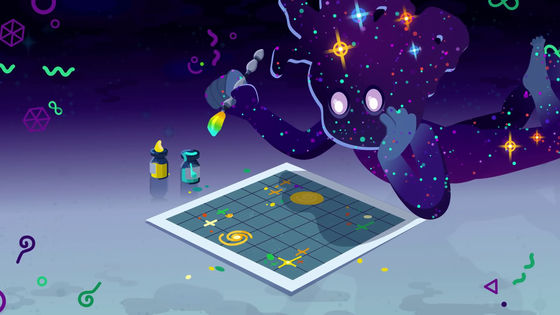
It depicts events that occur in all places and at all times, such as ``the birth of a person,'' ``the expansion of galactic civilization,'' and ``missing the bus.''
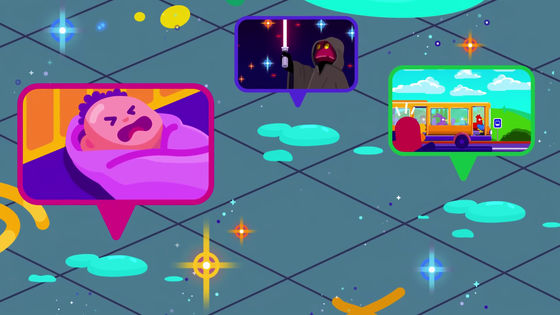
When you put all the moments in the past, present, and future together, you get something like a movie.

The past has happened before, and there is no way to interfere with it now. We don't know what will happen yet, because the future is still to come. This is probably how we generally perceive time.
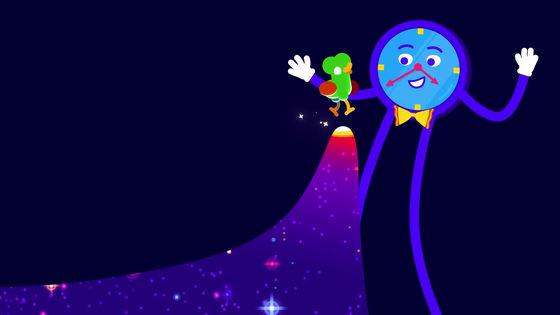
But what if the concept of time is completely different from the one mentioned above? Every moment in the past, present, and future is a picture drawn by a child named the universe, and this picture has already been drawn.
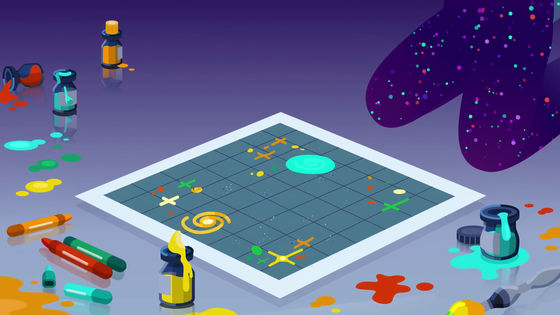

If so, we can think of the entire history of the universe as being compiled into one block. Every moment that has ever existed or will ever occur is determined.
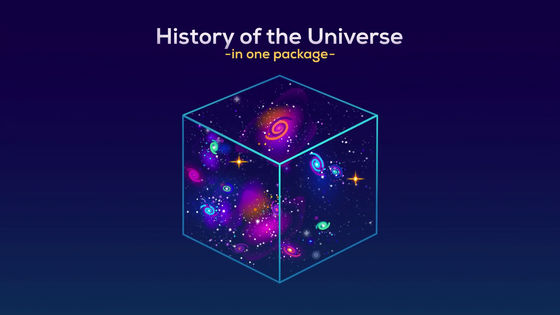
However, within this block, the past, present, and future are equally real and exist simultaneously. Therefore, I think many people feel that this is wrong. All we perceive as real is what is happening now.

However, according to the theory of relativity, the past, present, and future must all exist at the same time. This is because the theory of relativity states that time and space are not separate, but are one connected space-time.
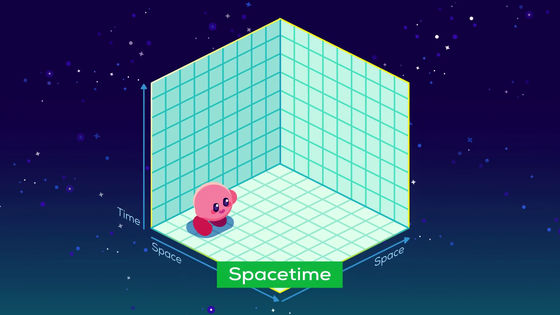
The flow of time differs from person to person, and the way time progresses differs depending on how people move relative to each other in space.
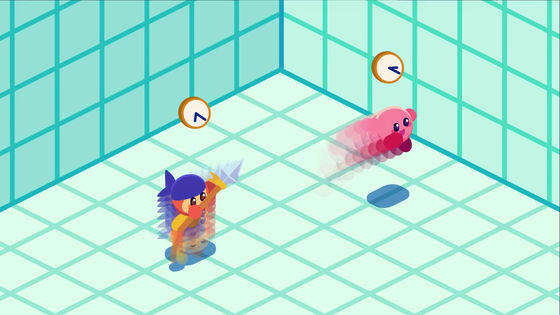
What one person perceives as ``now'' is just a cross section when a block called space-time is cut at a specific angle, and it is slightly different from another person's ``now'' (cross section).
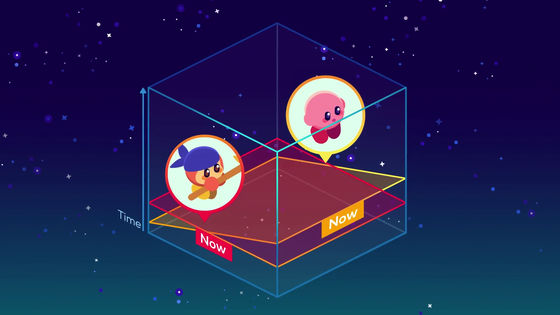
In other words, what you think is ``now'' is just your ``now,'' and there are many different ``nows'' in the universe, all of which are equally real. This means that there is no universal past or future.
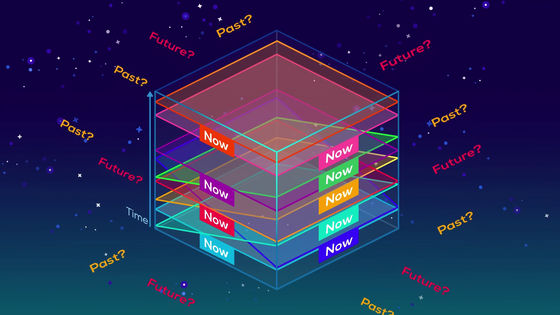
For example, suppose there are three alien spaceships 1 million light years away.
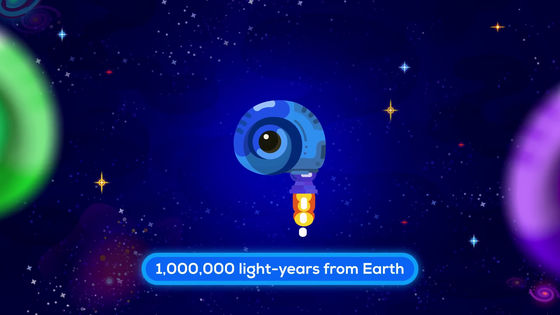
Suppose that one of them (spacecraft 1) is floating in space without moving relative to the earth.
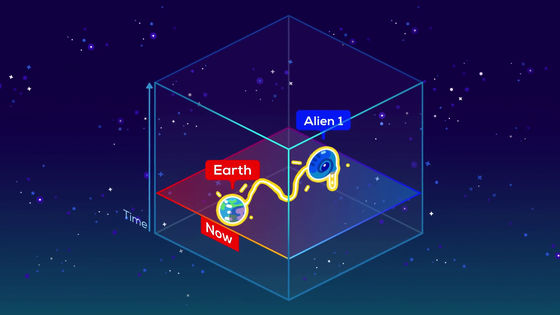
In that case, Earth and spaceship 1 will experience the same 'now'. If a magical means of communication exists that allows us to have conversations that transcend time and space, we would both be experiencing the same present (2024).
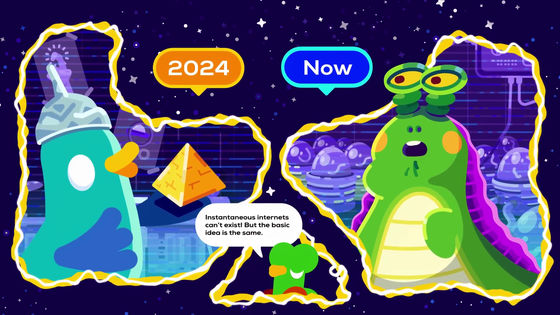
Suppose that the second spacecraft (spacecraft 2) is moving away from the earth at about three times the speed of the human rocket (30 km/s).
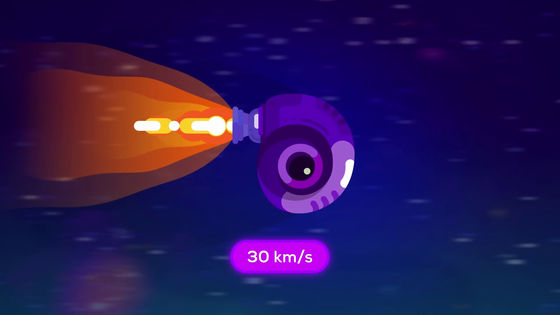
The space-time where Earth exists and the space-time where Spaceship 2 exists are different. Therefore, the ``now'' of Spaceship 2 and the ``now'' of Earth are different.
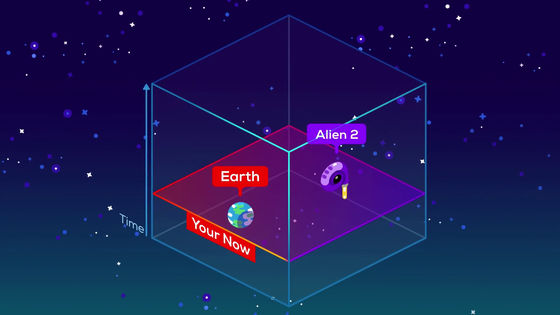
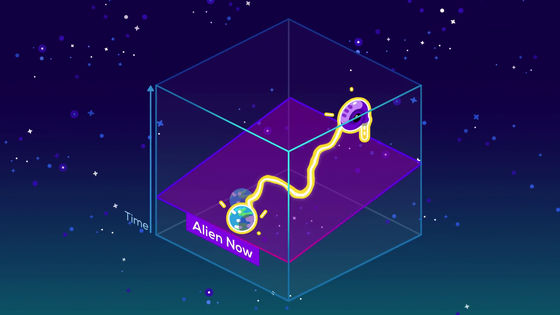
If there is a magical means of communication and the communication is successful, Spaceship 2 will be communicating with Earth in 1924.
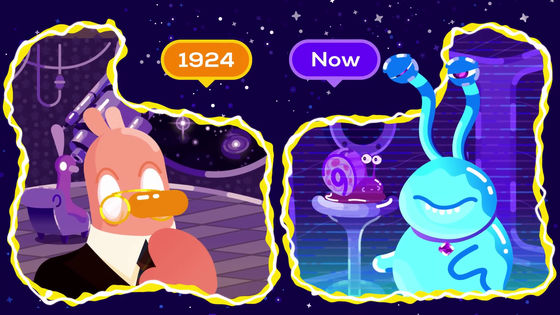
Suppose that the third spacecraft (Spaceship 3) is moving closer to Earth.
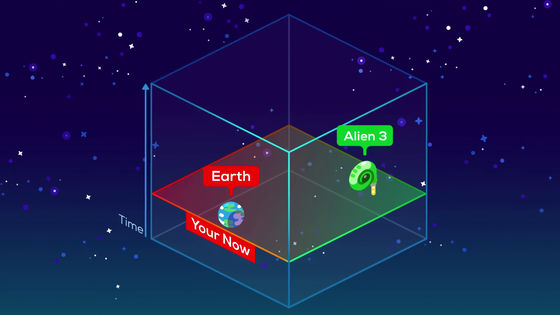
In this case, if Spaceship C were to contact Earth using a magical means of communication, Spaceship C would be communicating with Earth in the year 2124.
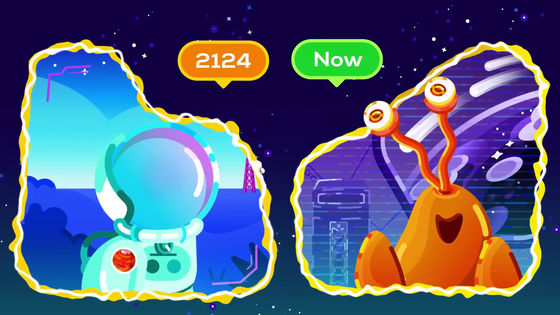
In other words, each of the three spaceships has a different 'now'.
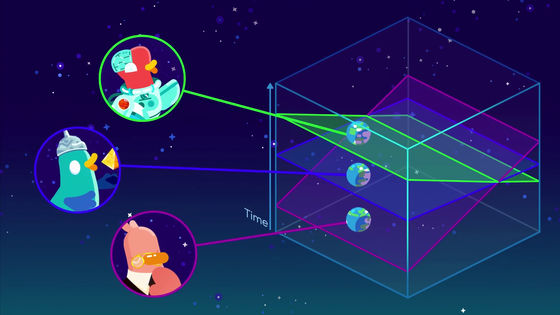
If all observers' perspectives of the universe are equally valid, then your past, present, and future all exist at the same time. Because for different aliens, they can all happen at the same time.
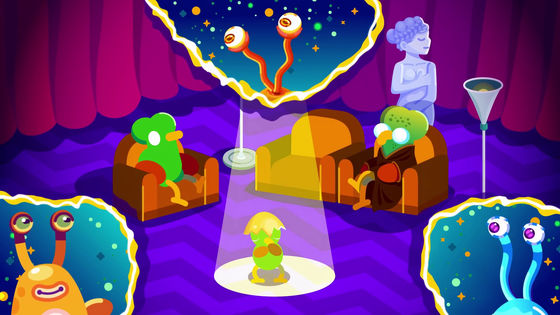
Therefore, Kurzgesagt points out that the distinction between past, present, and future is synonymous with non-existence. Kurzgesagt explains that the universe does not change over time like in movies, but is like a real, stationary block where the past, present, and future all coexist.
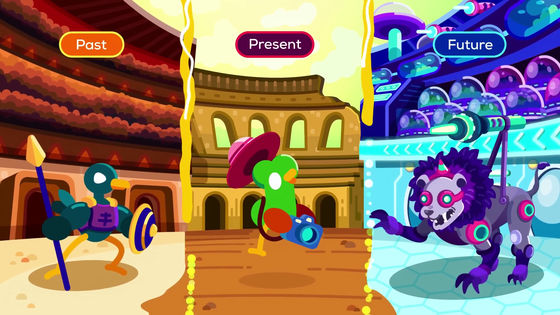
Let's consider a galaxy outside the observable universe. It is real, even if you can't go there or see it.
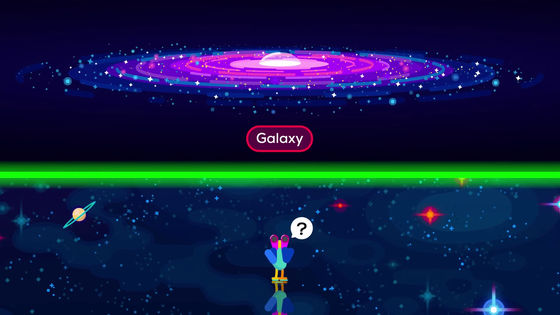
The same can be said about the future.
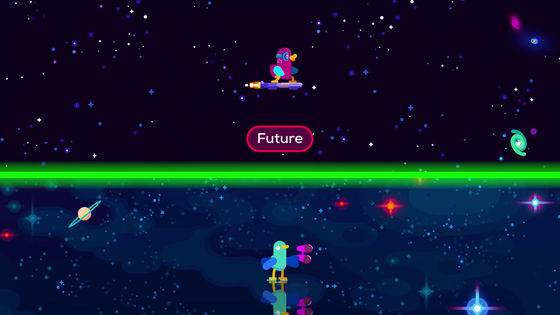
'Things don't happen in the universe. The universe just 'is' and like a block of ice, everything that will happen is already determined,' Kurzgesagt explains.
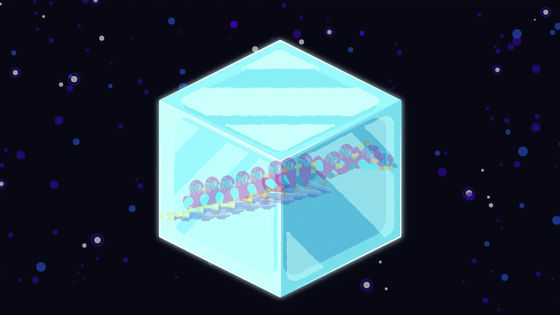
So, is everything that will happen in the future already decided? If all time coexists and is equally real, then the future is already determined. But you don't experience all possibilities. In other words, you can shape your future with your decisions.
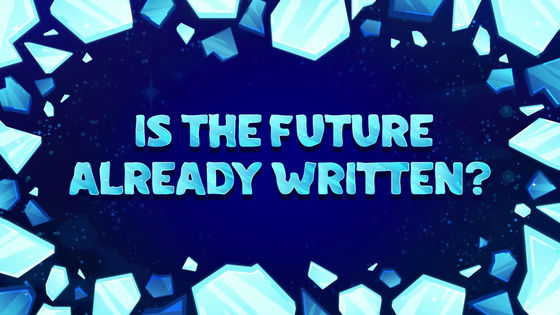
It's really up to you to decide to stop playing YouTube so you don't miss the bus.
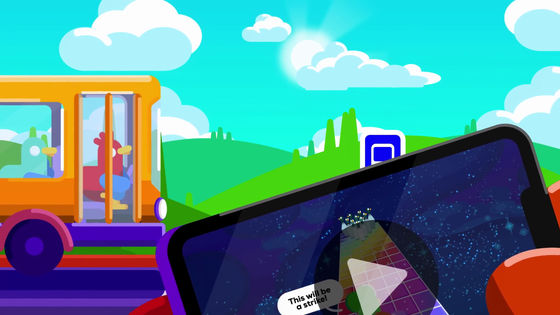
According to quantum physics, quanta are inherently random.
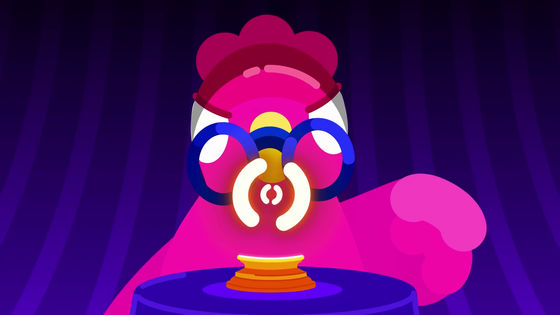
For example, if there is a radioactive atom, it may decay in the next moment or in a million years. Although it is possible to calculate the probability that something will collapse tomorrow, it is impossible to say with certainty whether it will collapse or not.
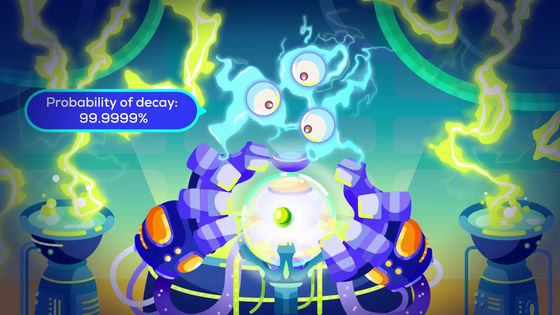
But quantum can change the world. Suppose that when an atom decays, it causes genetic mutations in nearby mammals. In this case, it is possible that many generations have passed since the mutation, producing strange lifeforms of ducks and mammals that make no sense, but at the same time, it is also possible that the atoms do not decay and no strange lifeforms are born. It will exist.

In other words, if quanta are essentially random, the future is never determined.
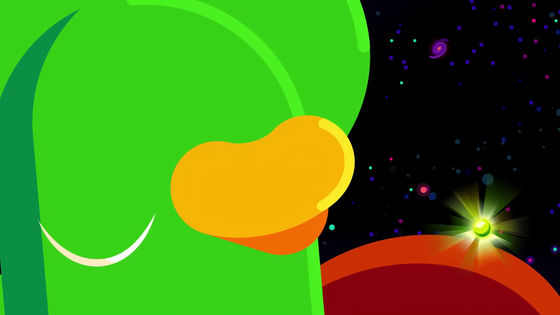
For individual objects such as you, aliens, and atoms, the past, present, and future are always clearly defined. For example, in the case of living organisms, death must always occur after birth.
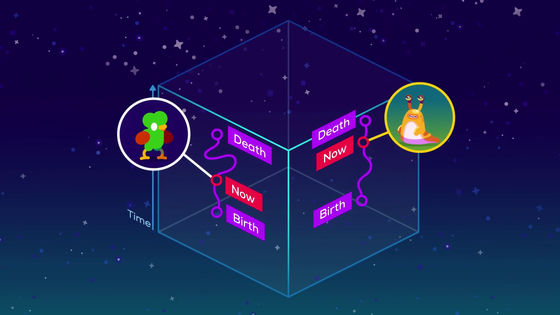
All living things must exist between birth and death. So it should make perfect sense, at least for you now.
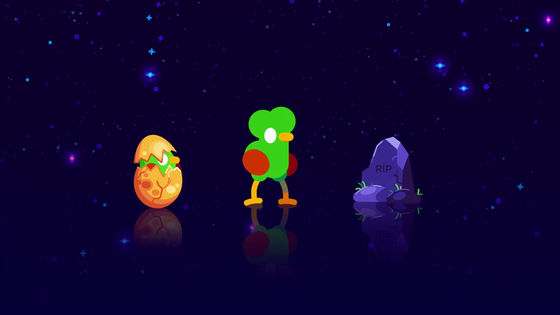
If you don't do weird things like go to the other side of the universe or use weird methods to find out what 'now' means, things start to look orderly and nice, and individual ' It should appear that 'now' clearly exists.
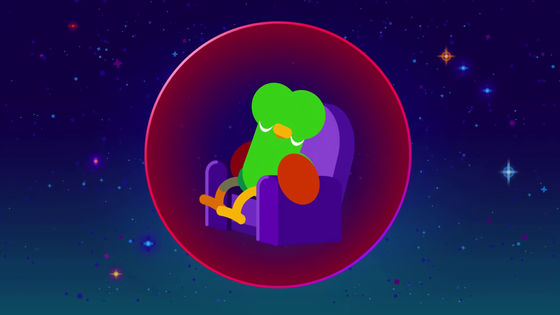
However, the present is created by stitching together countless 'nows,' each of which is experienced by someone or something in the universe, each of which should be equally real and valid. In other words, the 'now' of the universe is defined by all observers playing their respective roles.
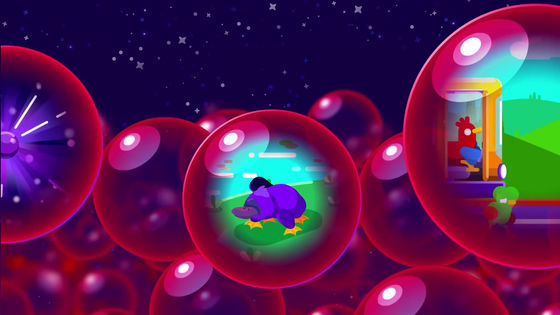
Radioactive atoms decay, new species of mammals emerge, and people miss their buses. As new things occur and uncertainties become certain, boundaries shift and new time is created in the universe. It may be natural to think that a new 'future' will not occur as a result of a future that has already been determined, but rather as a chain of various 'nows.'

However, no one knows the truth. What we learned this time was only the possibility of expressing time, and some scientists believe that the concept of 'now' only exists in our immediate vicinity and has no meaning in the universe as a whole. Others believe that the concept of time itself does not exist.

Others believe that although time exists, it is not a fundamental feature of the universe. 'Time may emerge from a deeper level of reality, just as heat is generated from the movement of individual molecules and life is born,' concludes Kurzgesagt.
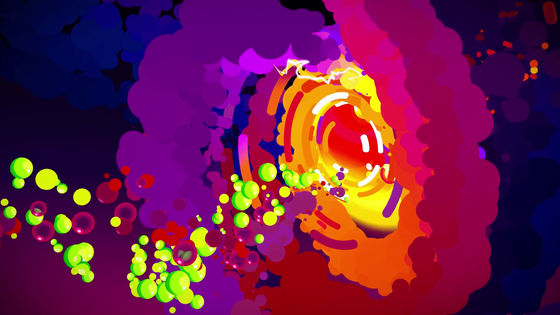
Related Posts:







